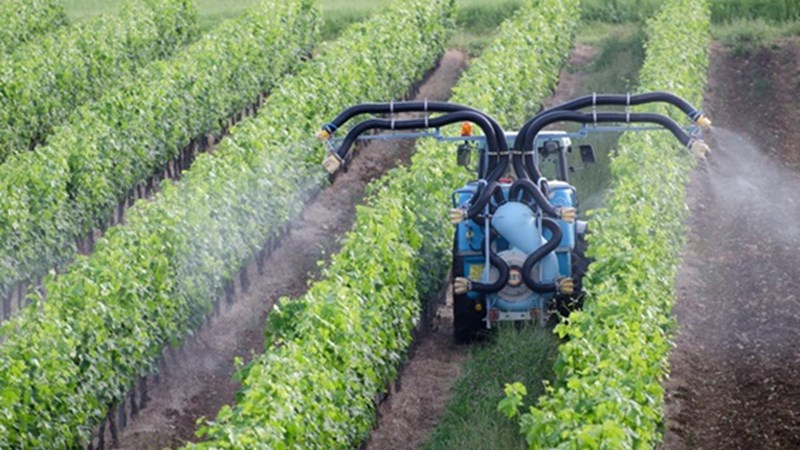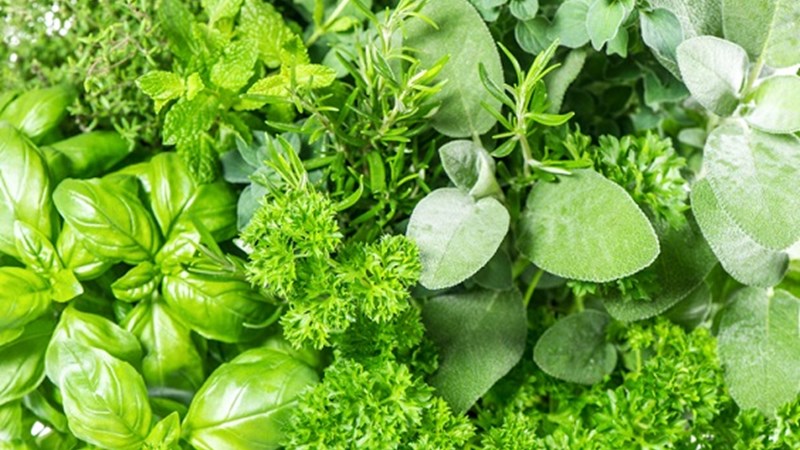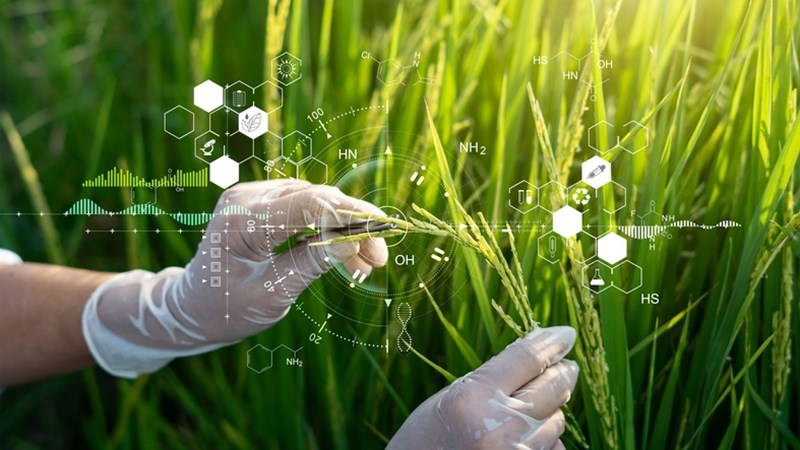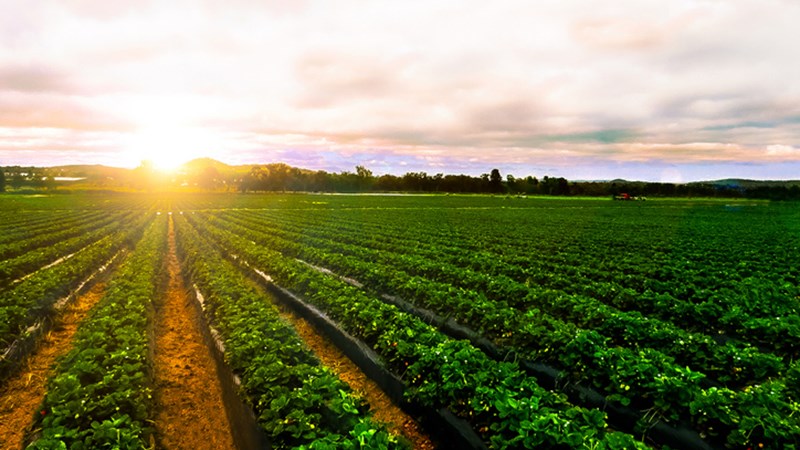New EU rules on labelling of organic products
June 2021
As of January 1, 2022, the new Regulation on Organic Production and Labeling of Organic Products will enter into force in all European member states ("the new Organic Regulation"). In addition to the general labeling requirements that exist for all food products, additional rules apply to labeling of organic products and raw materials under the new Organic Regulation.
Introduction
On January 1, 2022, the new Organic Regulation will enter into force. This regulation replaces the existing European Regulations 834/2007 and 889/2008 and from that moment on contains the main rules for the production, processing, trade and labeling of organic products in the European Union ("EU").
The rules on the mandatory and optional use of the "Bio" logo and the designation "organic" are not new. It was and still is prohibited to advertise a product as organic, if the product does not comply with the European rules. But the labeling requirements are being clarified with the entry into force of the new Organic Regulation.
It is important that anyone involved in organic production, processes or products is familiar with these rules in order to avoid violations of the regulations – which sometimes even entails decertifying the organic product.
Background
The proposal for the new Organic Regulation dates back to 2014. In particular, the explanatory memorandum to the proposal stated that under the old regulation, "the expectations of consumers in particular and citizens in general" were not sufficiently taken into account, but also that "the labeling requirements are very complicated." For this reason, the standards from the various regulations have been merged and clarified on a number of points.
The new Organic Regulation was adopted in 2018 and was supposed to enter into force on January 1, 2021. However, due to the outbreak of the Covid-19 pandemic, it was decided by Regulation 2020/2042 to postpone the entry into force of the new Organic Regulation by one year to January 1, 2022. All other deadlines mentioned in the new Organic-Regulation are also extended by one year.
Rules
Labeling
The rules on "Labeling" in the new Organic Regulation apply to all statements, indications, trademarks, trade names, pictures or signs concerning a product on packaging, documents, signs, labels, rings or bands accompanying or referring to that product. The rules therefore cover more than just the label of the product.
Use of bio(logical), eco(logical) and organic
If products, their ingredients or feed materials used in their production are described in the labelling, advertising or commercial documents in terms that give the purchaser the impression that the products, ingredients or feed materials have been produced in accordance with the new organic Regulation, then they must also comply with the new organic Regulation. In particular, words such as organic, organic or ecological, derivatives or diminutives thereof, such as "bio" and "eco", are only permitted if the product is actually organic. In view of the broad definition of "labeling", this also applies to company names and trade names. These terms are allowed to be used on the ingredients list, so for example: [Water, sugar (organic), apple, raisins (organic)] or in the sales description if the processed ingredients are at least 95% organic and meet the requirements of Annex II Part IV (these are production rules for processed food of the new Organic Regulation). Then again, the Bio logo may not be used (see below). Similar requirements apply to animal feed. If certain substances, such as plant protection products, fertilizers or soil improvers, may be used in organic farming, then the labels of those products may also refer to this. One should also be careful with certain product packaging design that is too similar to the colors (green and white) and shapes (leaf) of the Bio logo, as this is potentially misleading for consumers.
The Bio logo
The use of the Bio logo is separate from the use of the designation "organic". If the Bio logo may be used, it may also be called "organic," but there are products that may be called "organic" but do not have the Bio logo.
For pre-packaged products produced in the European Union, the Bio logo is mandatory. The organic production logo of the European Union may be used in the labeling and presentation of products that comply with this regulation and in the advertising of these products. However, there are exceptions to this, for example for certain processed hunting and fishing products. The use of the EU Bio logo is optional for products imported from third countries. However, the organic logo must in all cases comply with the model and requirements in Annex V of the new organic regulation.
The Bio logo is often referred to as a quality mark, but strictly speaking it is an official declaration within the meaning of Articles 86 and 91 of the EU Regulation 2017/625, which is called a "certificate" in that Regulation.
Mandatory indications on the label
In addition to the use of the organic designation and the organic logo, the new Organic Regulation also prescribes a number of mandatory indications that must be found on the label. The most important of these are:
- The code number of the control authority or control body to which the operator who carried out the last production or preparation operation is subject;
- Where the Bio logo is used for EU organic production, the place where the agricultural raw materials of which the product is composed were grown shall be indicated in the same field of vision as the Bio logo in one of the following forms:
(a) 'EU Agriculture', where the agricultural raw materials have been grown in the Union;
(b) 'non-EU Agriculture', where the agricultural raw materials have been farmed in third countries;
(c) 'EU/non-EU Agriculture', where part of the agricultural raw materials have been cultivated in the Union and another part in a third country.
The terms "EU" or "non-EU" shall not, moreover, be displayed in a more conspicuous color, size and font than the name of the product.
The indications must be affixed in a clearly visible place. It is expected that there will be practical implementation rules on the use, presentation and size of the indications.
Monitoring and Enforcement
The new Organic Regulation has direct effect in the legal order of the European member states; there will therefore be no transposition into national laws or regulations. However, supervision of compliance with the rules and enforcement of violations is regulated at national level. In the Netherlands this is done by the Agricultural Quality Act and the Economic Offences Act. We will not enter into the Dutch system of disciplinary law, administrative supervision and enforcement and criminal investigation and prosecution. The most important thing to remember is that supervision and enforcement in the Netherlands is primarily in the hands of Skal. Skal has a clear and accessible website which includes useful information and even a label checker as a useful tool for the entrepreneur (in Dutch). In addition, it is good to know that products produced before 1 January 2022 will continue to be marketed after that date.









